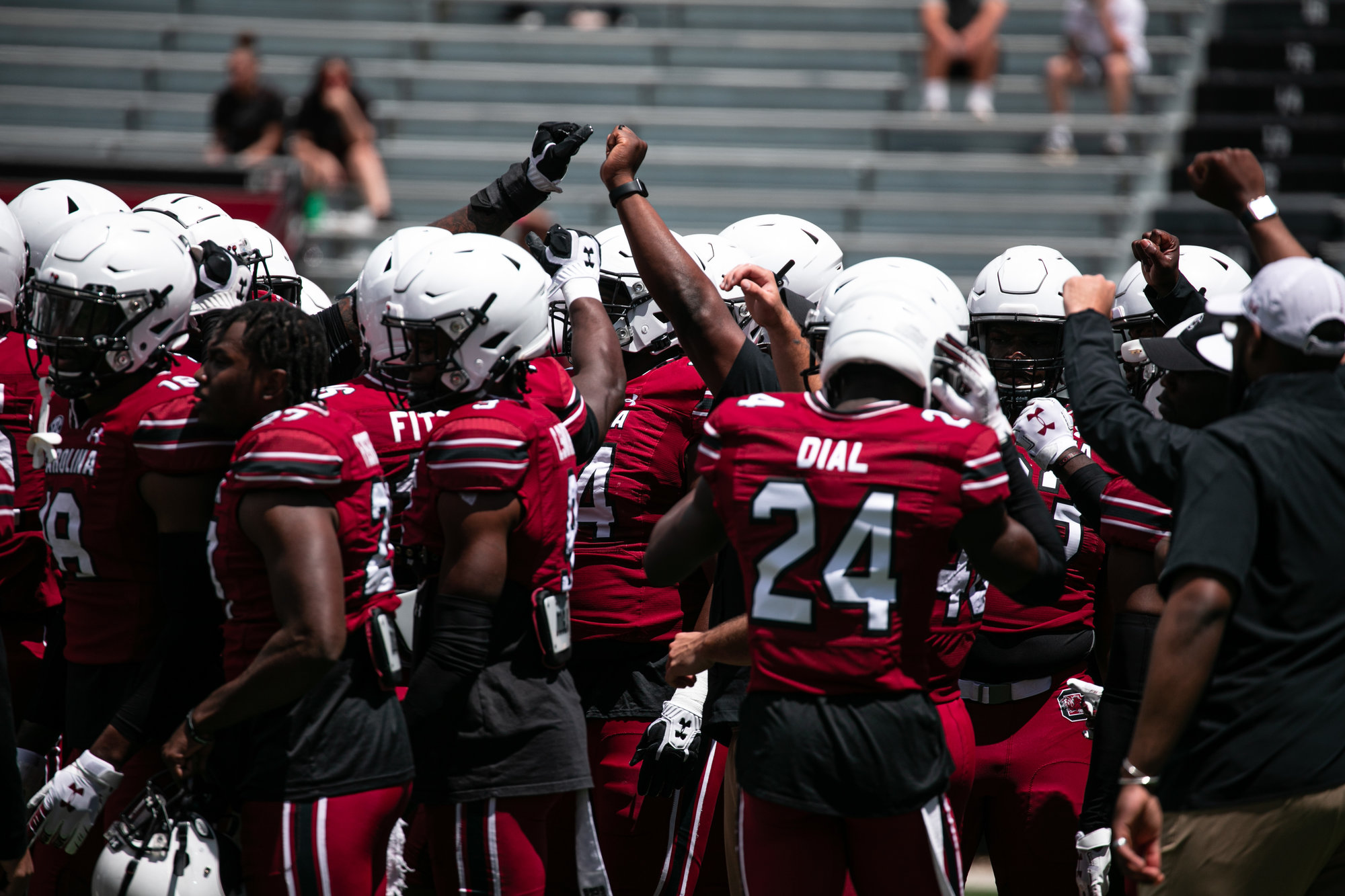South Carolina to allow NIL to take effect immediately
COLUMBIA (AP) - The state of South Carolina will allow college athletes at NCAA schools to profit immediately from their names, images and likenesses instead of waiting until 2022.
The state's attorney general, Alan Wilson, sent a certification letter to Gov. Henry McMaster on Thursday.
South Carolina lawmakers passed the bill earlier this spring and McMaster signed it into law. It was scheduled to take effect in July 2022 unless the NCAA dropped its guidelines against the practice.
The NCAA did that on Wednesday. Wilson said in the letter that the NCAA's actions were consistent with the provisions of the South Carolina law.
The NCAA Board of Directors approved one of the biggest changes in the history of college athletics Wednesday, clearing the way for nearly a half-million athletes to start earning money based on their fame and celebrity without fear of endangering their eligibility or putting their school in jeopardy of violating amateurism rules that have stood for decades.
The decision, expected for months as state after state passed laws intended to render NCAA rules moot on the topic, came on the eve of the market opening Thursday for athletes in a dozen states, including giants like Texas and Florida.
"This is an important day for college athletes since they all are now able to take advantage of name, image and likeness opportunities," NCAA President Mark Emmert said.
The move effectively suspends NCAA restrictions on payments to athletes for things such as sponsorship deals, online endorsements and personal appearances. it applies to all three divisions or some 460,000 athletes.
The NCAA will also allow athletes to enter into agreements with agents, though all athletes are expected to keep their school informed of any and all NIL arrangements. The NCAA said schools are responsible "for determining whether those activities are consistent with state law."
Anticipating the change, many schools already have plans in place, with some weaving NIL education into for-credit coursework.
Within hours after the NCAA announcement, a handful announced policies or updated plans on the topic, including Pitt and Indiana, which said Hoosier athletes "can be contacted directly in a variety of ways to arrange or discuss potential NIL agreements." Stanford said much of its "NIL support" would be available for all students, not just Cardinal athletes.
Compliance officers at the NCAA's more than 1,100 schools will be busy.
Athletes must report NIL arrangements to their schools and there are limits on what they can do. Florida and Texas, for example, bar athletes from endorsing gambling and many schools have specific guidance about using - or not using - their logos or uniforms during NIL work. Kentucky warned its athletes that NIL compensation could affect need-based financial aid.
NCAA rules go back to its founding in 1906, though enforcement of infractions didn't pick up steam until the 1950s. The idea of money flowing to athletes has generally been opposed by the organization with exceptions and opposition both growing in recent years as athletes and former athletes have started to win in court. The NCAA's historic model of amateurism is changing.
The NCAA had hoped to have broader NIL rules in place months ago, but that process bogged down, as did efforts on Capitol Hill to have Congress pass a law addressing the issue. Emmert said the NCAA will continue to push for a federal law to "provide clarity on a national level."
More Articles to Read

